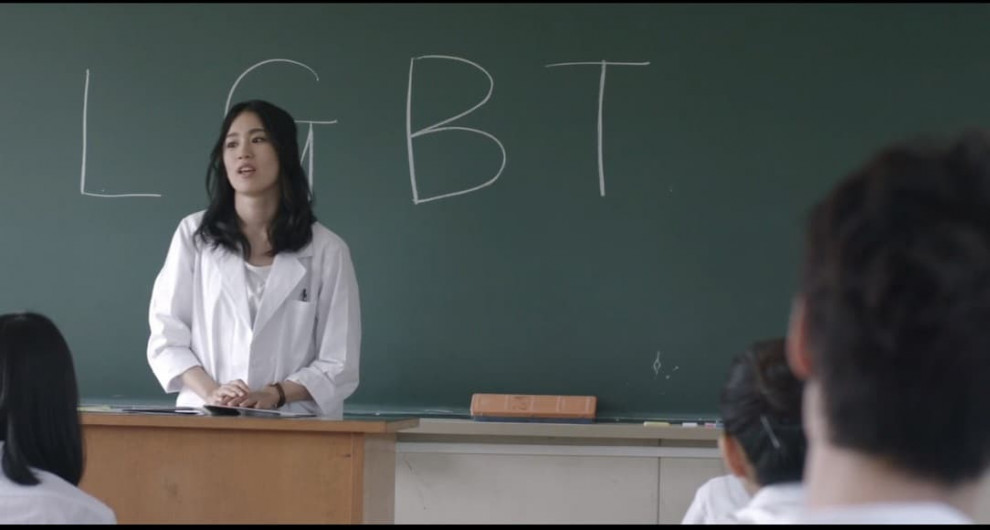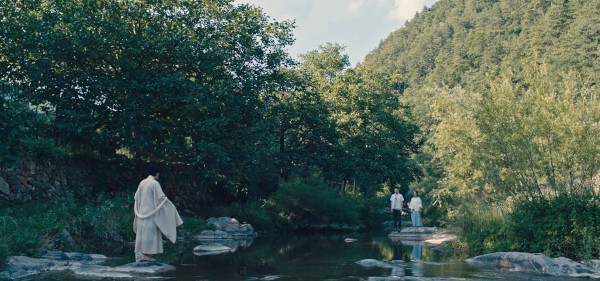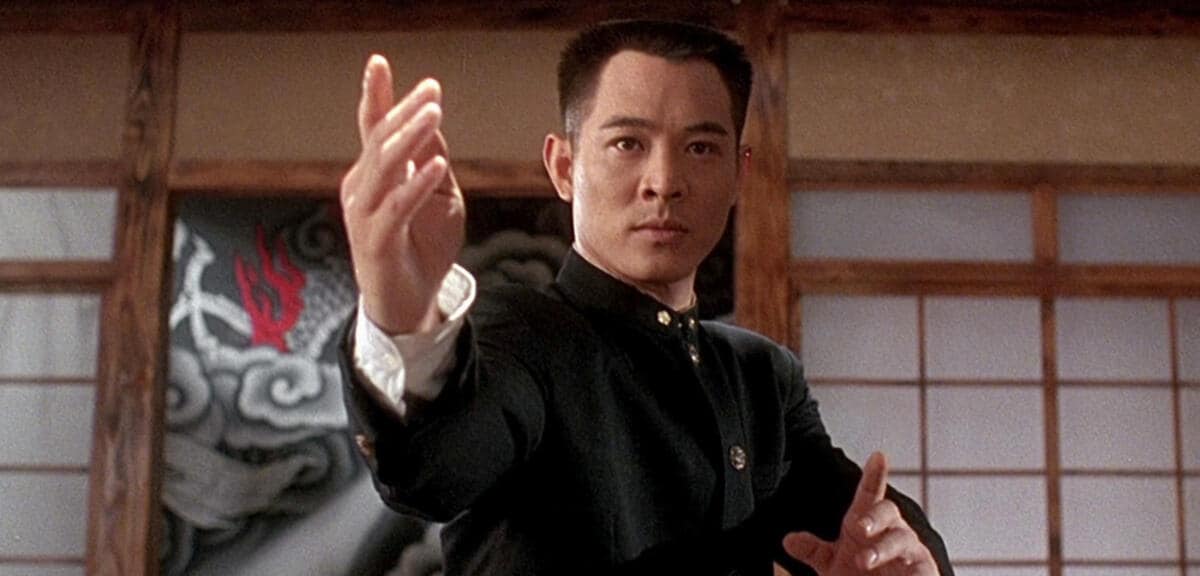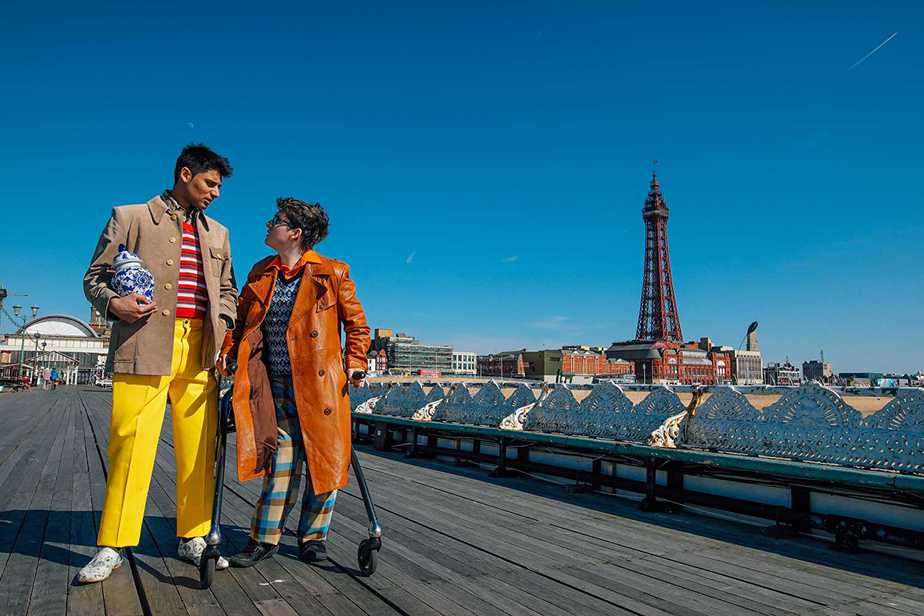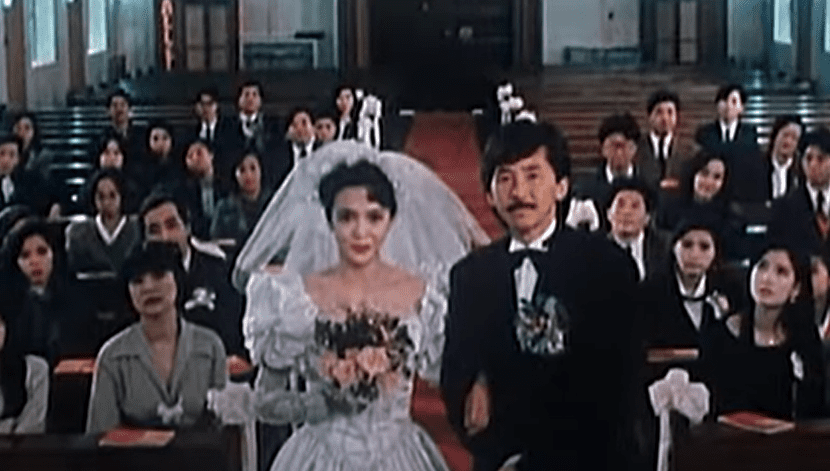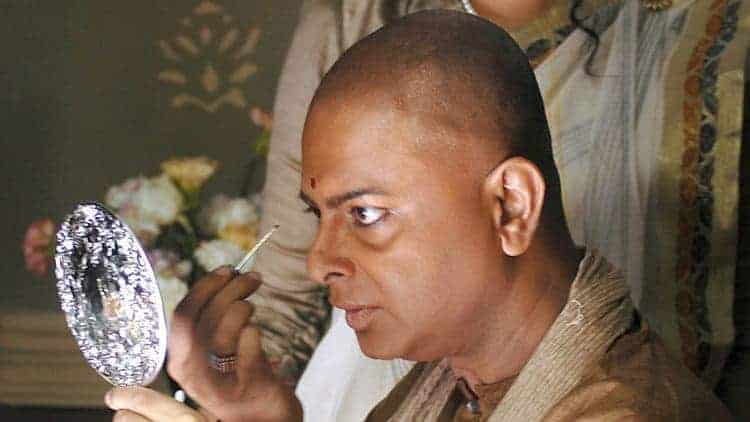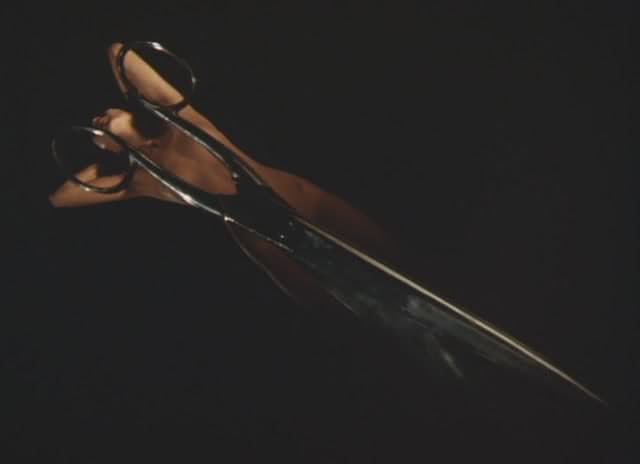The short film is named after a flower builds on a very simple premise, presented in a very elegant style. It also walks a long way. “Kalanchoe” by Shun Nakagawa is releasing on Gagaoolala and will be available on FilmDoo and Amazon Prime, from early 2020.
A mundane summer day at school. Only, the English teacher is not present. Instead, the school medic walks into the class and writes four letters on the blackboard. LGBT. Followingly, she briefly explains how LGBT people are real and there is nothing weird or terrifying about them. When love happens, the sex of the person makes no difference. Soon after, two boys in the class start to speculate that there might be a gay person among the classmates.

The dialogue is brought beyond the school class when Tsukino (Mio Imada) strikes a dialogue with her mum. The talk opens another set of questions, mainly of the informational gap in the parental generation. In the better case, the lack of understanding is healed by the basic politeness. Yet, we can hear a positive surprise in mum's voice when she asks about LGBT being discussed in the class.
From the beginning, the reaction of the class is more interesting than the detective game. Still anonymous, the sole idea of someone in the class being gay seems absurd. How could anyone? The boys' questioning is dismissed by the girls as immature. Being gay is seen as something strange, unrealistic, ludicrous. Somewhere near Fox Fairy and Santa Claus. But that is not where Nagakawa stops.

Nakagawa as the scriptwriter and director lets the film breath, seemingly focusing on nothing. Home and school routines, banal talks, orchestra practices. Everything seems to lead nowhere, but here and there, a hint shines through. Are the boys correct? If so, who is it? But more importantly, does it really matter? Does the person need protection by denial?
“Kalanchoe” is a poignant metaphor of several issues related to the acceptance of LGBTQ+ people in most societies. The story presented is not a rather typical story of open discrimination or high school bullying. More than that, it talks about wrong reactions rooted in ignorance. The directorial approach of Nakagawa allows every action and reaction to linger, to be carefully examined and questioned. The slow pace lets the points stand out.


